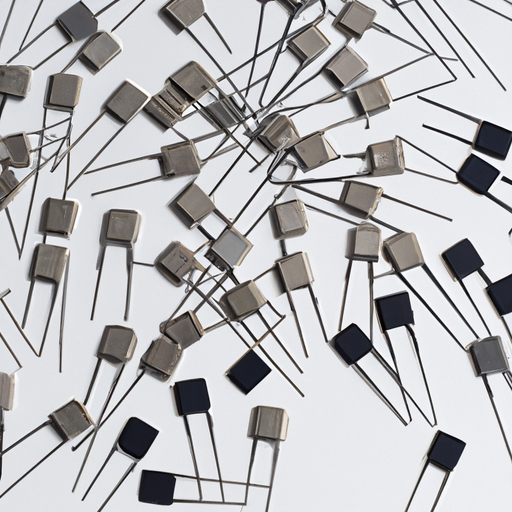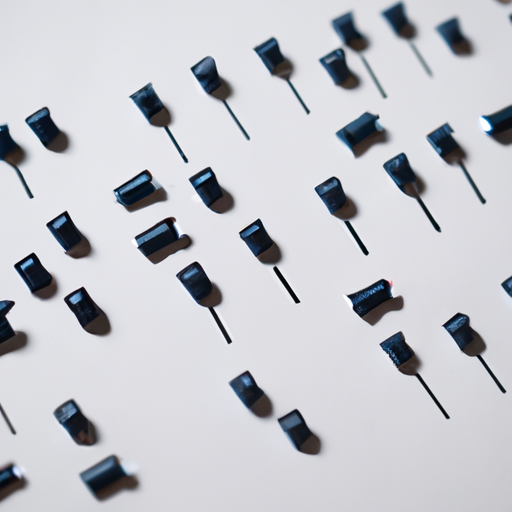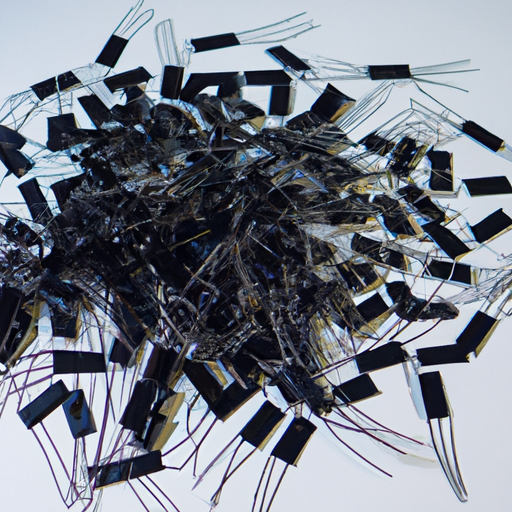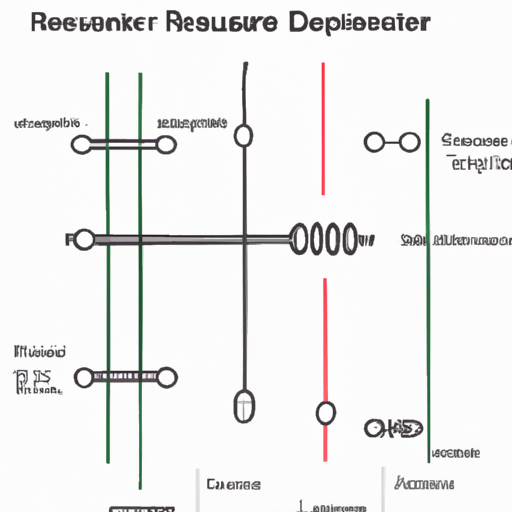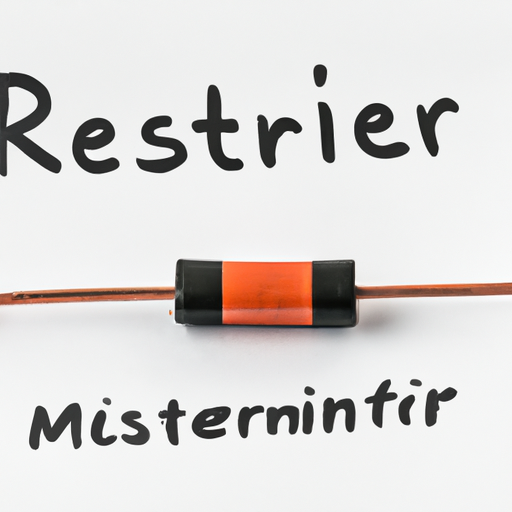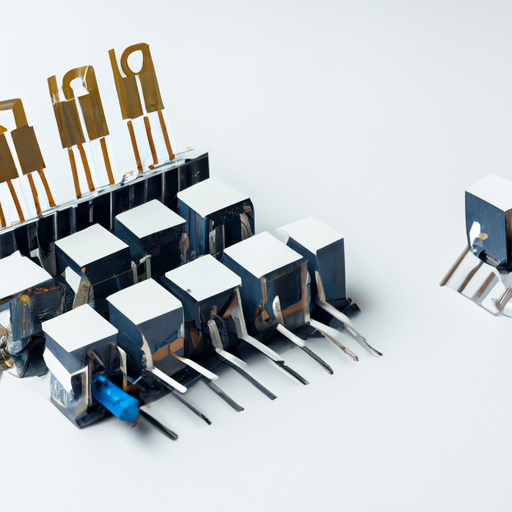Popular Models of Precision Resistors
I. Introduction
In the world of electronics, precision resistors play a crucial role in ensuring the accuracy and reliability of various applications. These components are designed to provide precise resistance values, which are essential for maintaining the integrity of electronic circuits. This blog post will explore the popular models of precision resistors, their characteristics, applications, and future trends in the industry.
II. Understanding Precision Resistors
A. What Makes a Resistor "Precision"?
Precision resistors are defined by their ability to maintain a specified resistance value within tight tolerances. Several factors contribute to this classification:
1. **Tolerance Levels**: Precision resistors typically have tolerance levels of 1% or better, with some models achieving tolerances as low as 0.01%. This means that the actual resistance value will not deviate significantly from the stated value, making them ideal for applications requiring high accuracy.
2. **Temperature Coefficient**: The temperature coefficient of a resistor indicates how much its resistance changes with temperature. Precision resistors usually have low temperature coefficients, often expressed in parts per million per degree Celsius (ppm/°C). This characteristic ensures that the resistor's performance remains stable across a range of operating temperatures.
3. **Stability and Reliability**: Precision resistors are designed to be stable over time, meaning their resistance values do not drift significantly due to environmental factors or aging. This reliability is critical in applications such as measurement and calibration.
B. Applications of Precision Resistors
Precision resistors find applications in various fields, including:
1. **Measurement and Calibration**: In laboratories and industrial settings, precision resistors are used as reference standards for calibrating measuring instruments. Their accuracy ensures that measurements are reliable and consistent.
2. **Signal Conditioning**: In signal processing applications, precision resistors are used to condition signals, ensuring that they are amplified or filtered accurately without introducing significant noise or distortion.
3. **Feedback Circuits**: In control systems, precision resistors are employed in feedback loops to maintain the desired output levels. Their accuracy is vital for the stability and performance of these systems.
III. Key Characteristics of Precision Resistors
A. Material Composition
The material used in the construction of precision resistors significantly impacts their performance:
1. **Thin Film Resistors**: These resistors are made by depositing a thin layer of resistive material onto a substrate. They offer excellent stability, low noise, and tight tolerances, making them ideal for high-precision applications.
2. **Thick Film Resistors**: Thick film resistors are made by printing a thick layer of resistive paste onto a substrate. While they may not achieve the same level of precision as thin film resistors, they are more cost-effective and suitable for a wide range of applications.
3. **Wirewound Resistors**: These resistors are constructed by winding a wire around a core. They are known for their high power ratings and stability, making them suitable for applications requiring high precision and power handling.
B. Packaging and Form Factors
Precision resistors come in various packaging options, including:
1. **Surface Mount Devices (SMD)**: SMD precision resistors are compact and suitable for automated assembly processes. They are commonly used in modern electronic devices where space is a premium.
2. **Through-Hole Components**: These resistors are designed for traditional PCB mounting and are often used in applications where robustness and ease of replacement are essential.
C. Environmental Considerations
Precision resistors must also be designed to withstand various environmental conditions:
1. **Moisture Sensitivity**: Some precision resistors are sensitive to moisture, which can affect their performance. Manufacturers often provide moisture-resistant options for applications in humid environments.
2. **Temperature Range**: Precision resistors are available in different temperature ranges, ensuring that they can operate effectively in various conditions without significant drift in resistance values.
IV. Popular Models of Precision Resistors
A. Thin Film Resistors
1. **Vishay's Z201 Series**: Known for its low temperature coefficient and high stability, the Z201 series is ideal for precision applications in instrumentation and measurement.
2. **Yageo's RC Series**: This series offers excellent performance with tight tolerances and is widely used in consumer electronics and industrial applications.
3. **Panasonic's ERJ Series**: The ERJ series is recognized for its reliability and is suitable for a variety of applications, including automotive and telecommunications.
B. Thick Film Resistors
1. **Bourns' 3300 Series**: This series provides a good balance between performance and cost, making it suitable for general-purpose applications.
2. **KOA Speer’s MF Series**: The MF series is known for its high power ratings and stability, making it a popular choice for power electronics.
3. **Vishay's PS Series**: This series offers a wide range of resistance values and is designed for high-performance applications.
C. Wirewound Resistors
1. **Ohmite's 50 Series**: This series is known for its high power handling capabilities and is often used in industrial applications.
2. **Caddock's MP Series**: The MP series offers exceptional stability and low noise, making it ideal for precision measurement applications.
3. **Vishay's WSL Series**: This series combines high power ratings with precision, making it suitable for a variety of demanding applications.
V. Comparison of Popular Models
A. Performance Metrics
When comparing precision resistors, several performance metrics should be considered:
1. **Tolerance and Temperature Coefficient**: Different models offer varying levels of tolerance and temperature coefficients. For applications requiring the highest precision, thin film resistors typically outperform thick film and wirewound options.
2. **Power Rating**: The power rating of a resistor indicates how much power it can handle without overheating. Wirewound resistors generally have higher power ratings compared to thin and thick film resistors.
B. Cost Considerations
Cost is an important factor when selecting precision resistors. Thin film resistors tend to be more expensive due to their manufacturing process and performance characteristics. Thick film resistors offer a more cost-effective solution for many applications, while wirewound resistors provide a balance between performance and cost.
C. Availability and Supply Chain Factors
The availability of precision resistors can vary based on manufacturer and model. It's essential to consider supply chain factors, especially for critical applications where lead times may impact project timelines.
VI. Future Trends in Precision Resistors
A. Advances in Material Science
Ongoing research in material science is leading to the development of new materials that can enhance the performance of precision resistors. These advancements may result in resistors with even tighter tolerances and improved stability.
B. Integration with Smart Technologies
As the demand for smart technologies increases, precision resistors are being integrated into more sophisticated electronic systems. This trend is driving the need for resistors that can operate effectively in complex environments.
C. Sustainability and Eco-Friendly Practices
The electronics industry is increasingly focusing on sustainability. Manufacturers are exploring eco-friendly materials and production processes to reduce the environmental impact of precision resistors.
VII. Conclusion
Precision resistors are essential components in modern electronics, providing the accuracy and reliability needed for various applications. Understanding the different models available, their characteristics, and their applications is crucial for selecting the right resistor for specific needs. As technology continues to evolve, precision resistors will play an even more significant role in shaping the future of electronic design.
VIII. References
1. Academic Journals on Electronics and Material Science
2. Manufacturer Specifications from Vishay, Yageo, Panasonic, Bourns, KOA Speer, Ohmite, and Caddock
3. Industry Standards and Guidelines for Precision Resistors
In summary, precision resistors are vital for ensuring the performance and reliability of electronic circuits. By exploring the popular models and their characteristics, engineers and designers can make informed decisions that enhance the quality of their electronic products.

